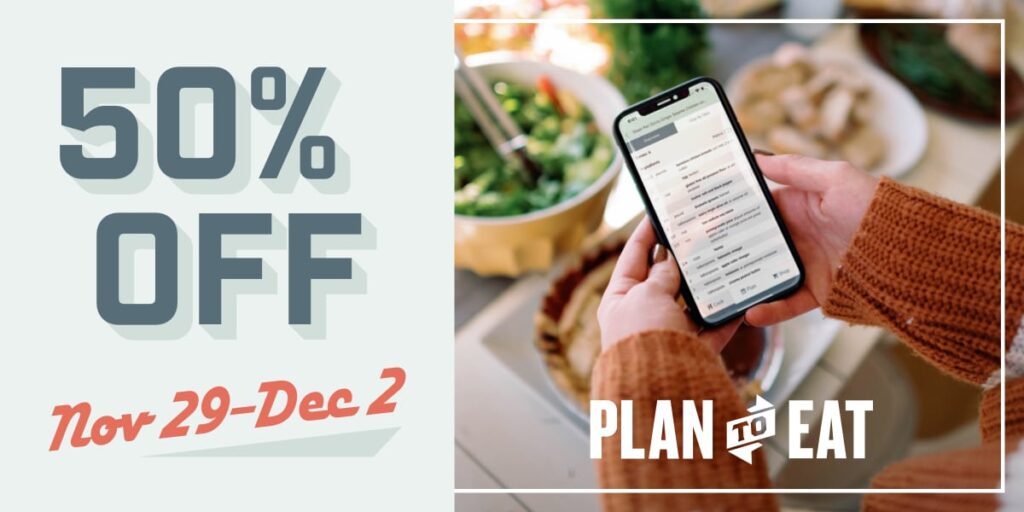 This is the time of year that I get several requests to talk about managing big, holiday meals. Everyone wants the best tips for navigating the buffet table or they want to know how much pie they can eat. While those are great questions, they aren’t what I love to talk about this time of year. Instead of focusing on the large quantities of indulgent foods, I like to focus on the theme of the holiday – being present and being thankful – and how that translates to a nourishing meal.
This is the time of year that I get several requests to talk about managing big, holiday meals. Everyone wants the best tips for navigating the buffet table or they want to know how much pie they can eat. While those are great questions, they aren’t what I love to talk about this time of year. Instead of focusing on the large quantities of indulgent foods, I like to focus on the theme of the holiday – being present and being thankful – and how that translates to a nourishing meal.
Be Present
How many times have you rushed around Thanksgiving day, trying to get the food cooked and on the table? Or maybe you’re the one who’s traveling, so you’re sweating and frantic, trying to get out the door on time, worried about the impending traffic that you know is going to make you late. Stressful, right? Necessary? No! Take some time this Thanksgiving to be present. Let go of the expectations that you’ve set for yourself and instead spend that valuable time “in the moment!” That relaxation will translate to a more enjoyable time with friends and family and will have a “trickle down” effect when it comes to what you choose to eat. Because being present means you’ll be able to make smart choices when it comes to what you put on that plate. And once you fill it (leaving some space there, because it’s not a contest to see who can put the most food on the plate), sit at the table, not in front of the tv, and ENJOY your food! Every bite!
Be Thankful
This is what Thanksgiving is all about! Why not spend the day in gratitude? You have so much to be thankful for, so start showing some appreciation! Thank the farmer’s who grew the food, thank the people who packaged it and sent it. Thank the family and friends who prepared it! When you’re grateful and thankful, the food on your plate (and the path that it took to get there) becomes more meaningful. That thankful approach is a tool you can use to prevent over-eating this Thanksgiving. How? Because when you truly appreciate the food, you slow down and enjoy it, instead of mindlessly shoveling it in your mouth. This allows for better digestion and gives your brain time to send the signals that your full. That’s definitely something to be thankful for!
Practicing Being Presently Thankful
Putting these concepts into practice is sometimes easier said than done. Our environment may not be conducive to this relaxed atmosphere of gratitude, and that can present challenges. But the benefits of practicing “presence” and “thankfulness” far outweigh your other options. Practicing to be presently thankful promotes a healthy Thanksgiving – one that nourishes your mind and body!
Sara Haas is a registered dietitian nutritionist (RDN) based in Chicago, Illinois. She works primarily as a freelance consultant dietitian and chef, and writes on her own blog at www.sarahaasrdn.com. She’s been helping people for almost 15 years to understand the importance of nutrition on health and well-being. She can be seen on television doing cooking segments, or on the radio lending her voice for nutrition-related PSA’s, or even in some of your favorite publications giving tips on nutrition.
We’re thankful to have Sara answering nutrition questions here on the Plan to Eat blog. Send your questions to Sara by filling out this short form.






